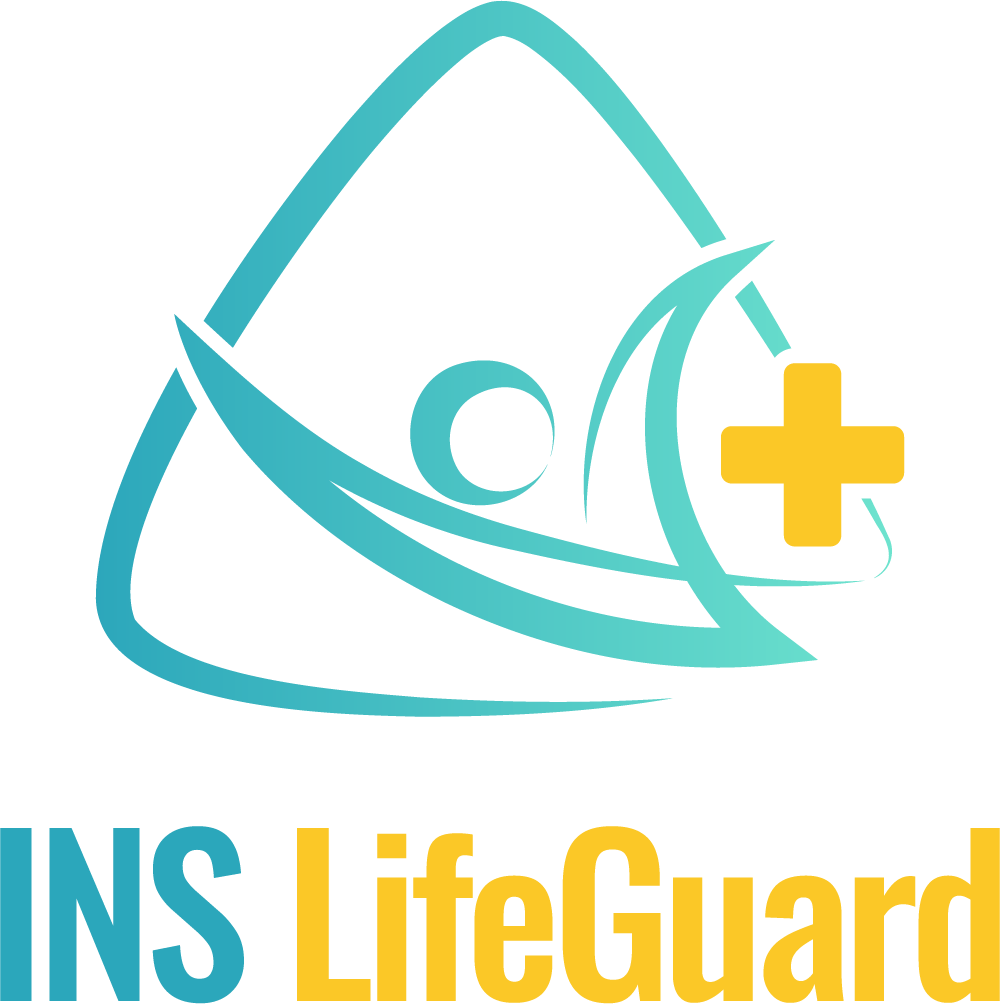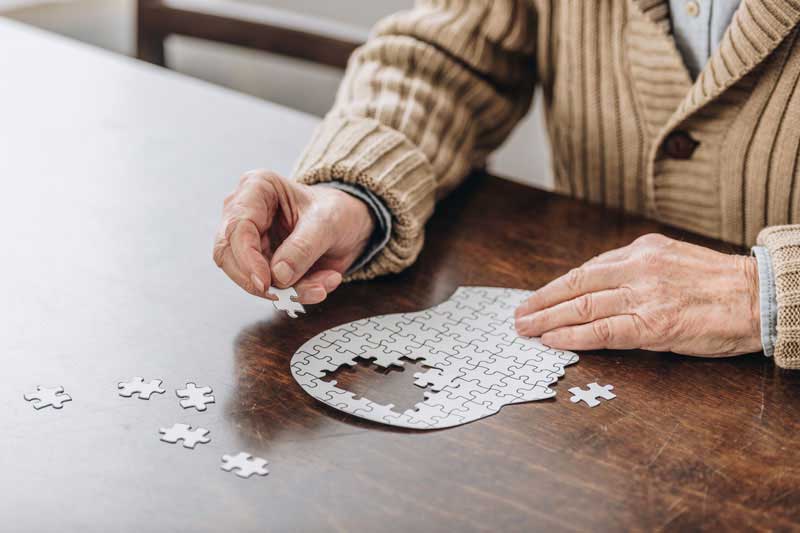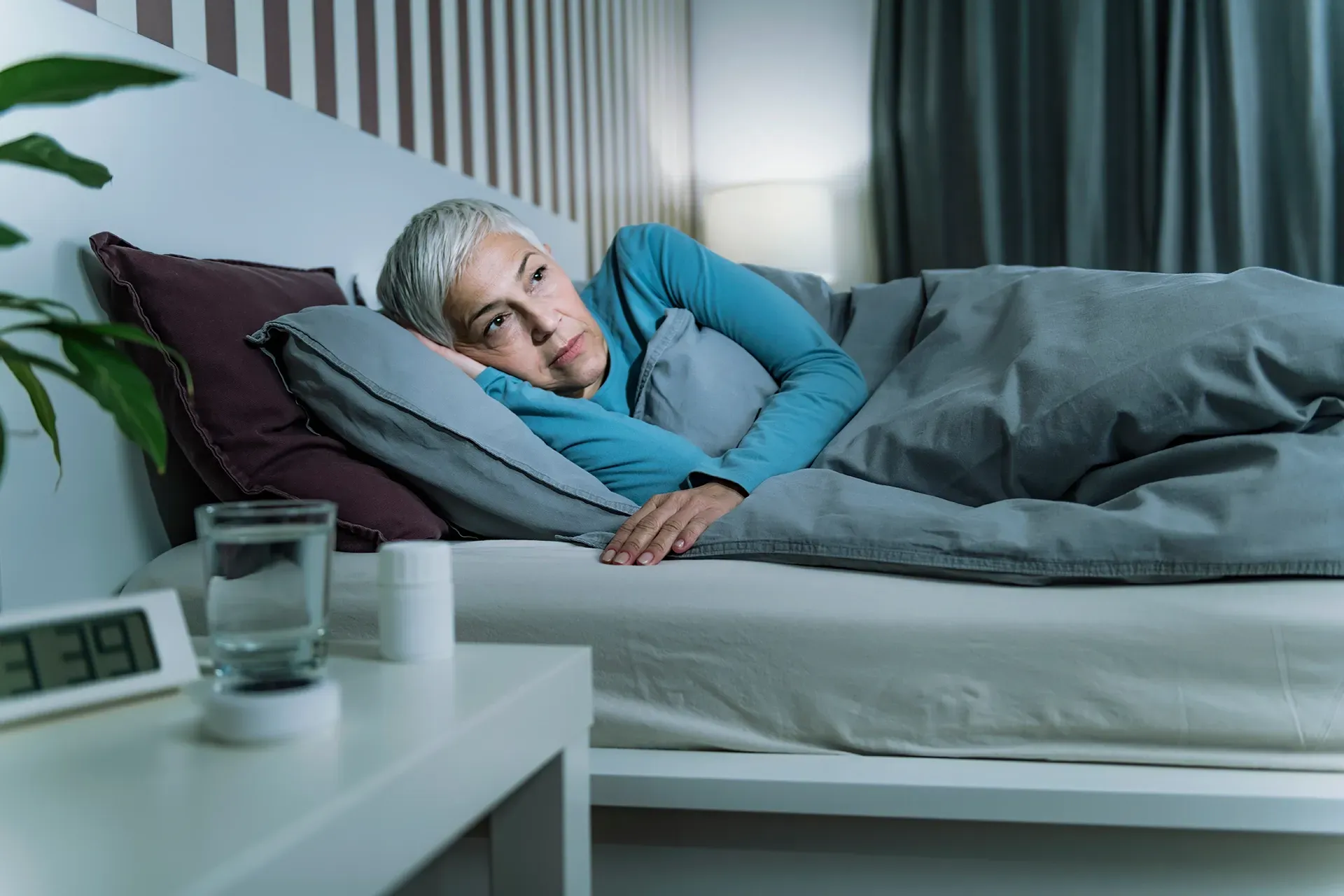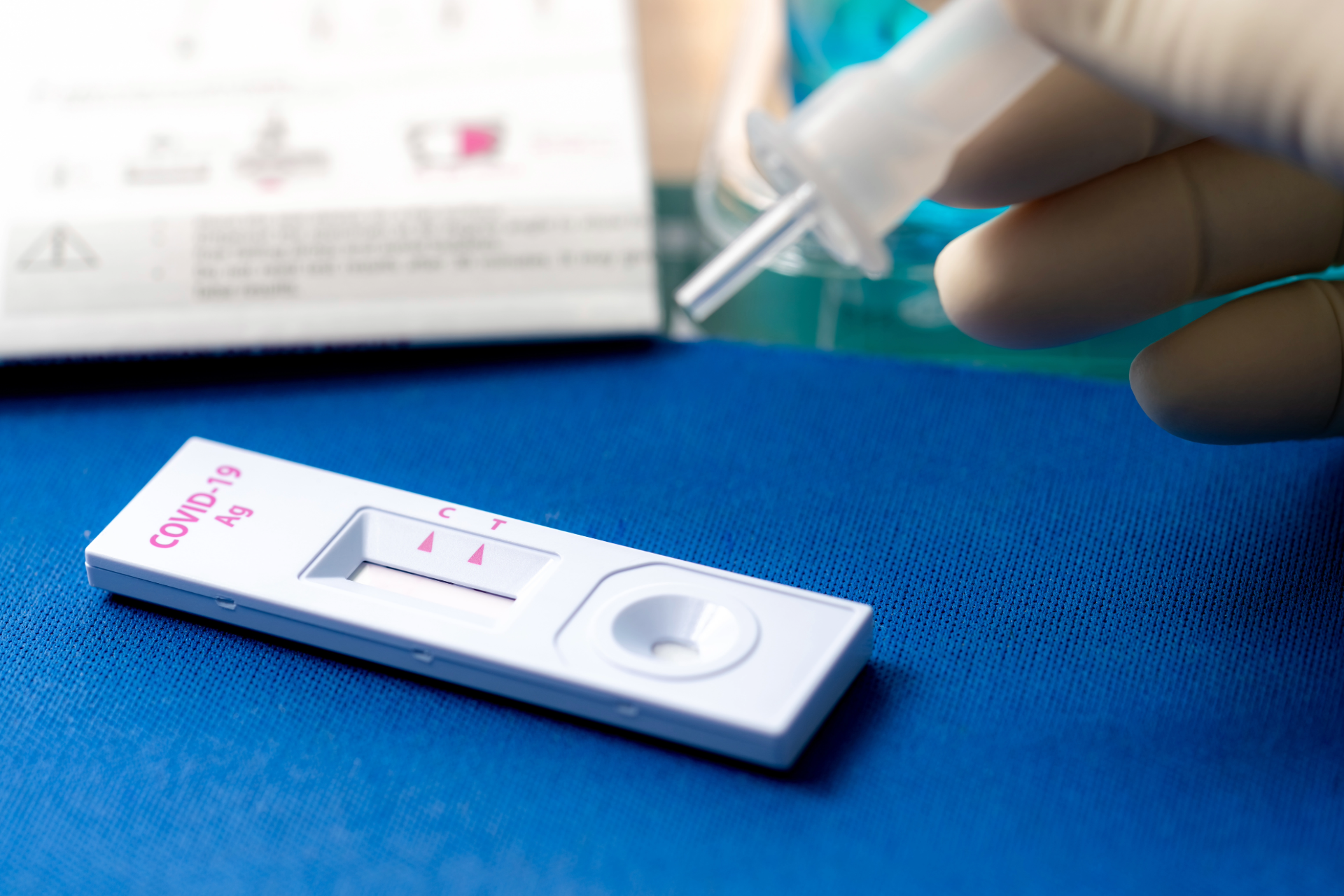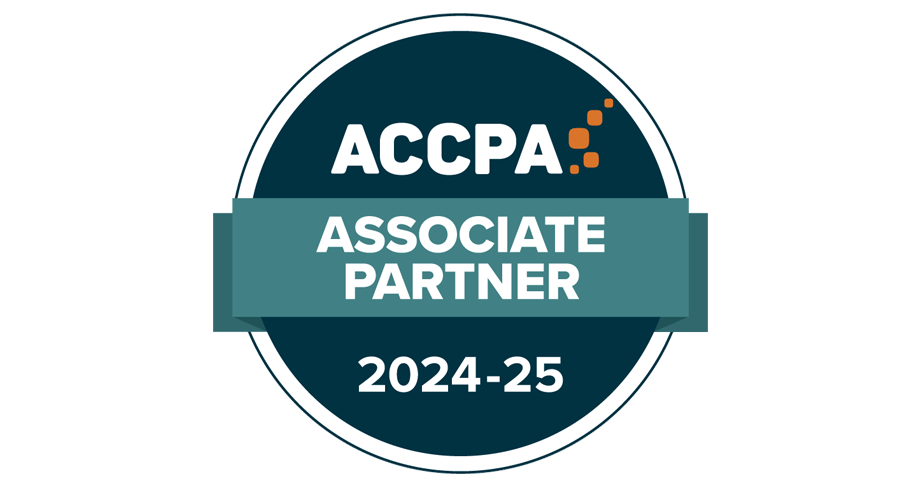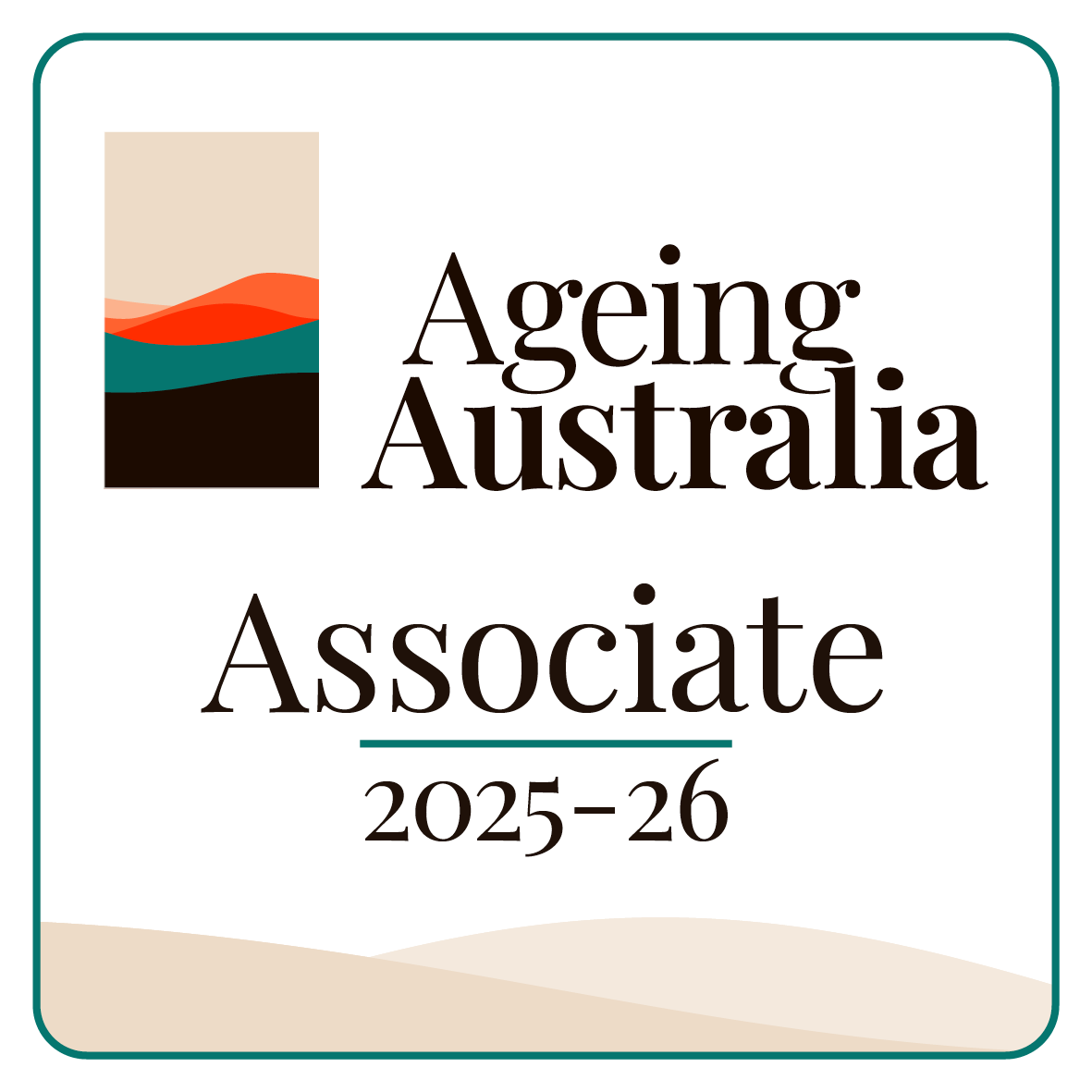Have a Question?
Beyond the Button: Inclusive Emergency Alarm Options from INS LifeGuard
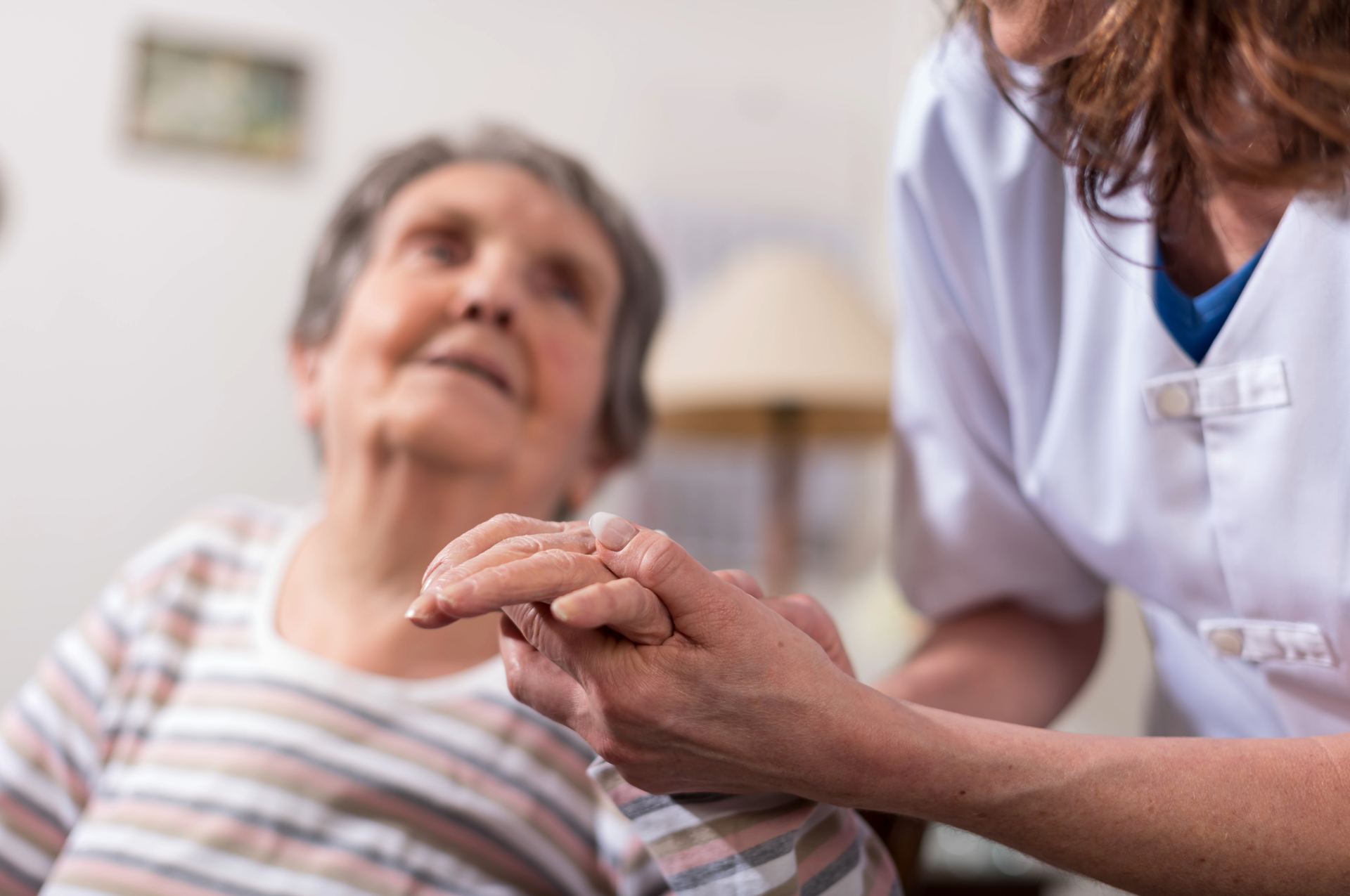
At INS LifeGuard, we believe everyone deserves access to reliable, responsive personal safety solutions, regardless of physical ability. While our standard monitored personal alarms are designed for ease of use, we also offer a range of alternative assistive technology activation options to support individuals with complex needs or limited mobility.
For those who may not be able to press a traditional emergency button by hand, we’ve developed and integrated several innovative access methods. These ensure our life-saving response services are never out of reach.
Who Benefits from Accessible Alarm Options?
Accessible alarm activation methods can be life-changing for people with reduced mobility, dexterity, or cognitive function. Whether due to a temporary condition, chronic illness, or permanent disability, these systems ensure that everyone has a reliable way to call for help.
Our inclusive solutions are particularly helpful for individuals living with:
- Arthritis – where joint pain or stiffness can make pressing a standard button difficult.
- Huntington’s disease – due to involuntary movements and cognitive decline.
- Motor Neurone Disease (MND/ALS) – which can cause progressive muscle weakness and paralysis.
- Multiple Sclerosis (MS) – often impacting motor skills, fatigue levels, and coordination.
- Parkinson’s disease – involving tremors, rigidity, and slowed movements.
- Stroke recovery – where physical and/or speech impairments may limit alarm activation.
- Quadriplegia or Tetraplegia – total loss of limb movement requiring breath or voice-controlled options.
- Spinal Cord Injury – especially for high-level injuries affecting upper limbs.
- Poor Dexterity – including conditions affecting fine motor control or grip strength.
- Wheelchair Users – who may have limited reach or mobility.
- Seizure Disorders or Epilepsy – where an automatic detection method (like a seizure mat) is vital.
- Mobility Challenges – such as those caused by age, injury, or chronic illness.
- Cognitive Impairment or Dementia – where passive alarms like bed or chair exit sensors and geofence alerts can help manage wandering risks.
If you or someone you support lives with any of the above conditions or has any other accessibility need our team is here to help design a personalised alarm setup that works for them.
Available Accessible Alarm Options
Here are just a few of the inclusive alarm activation systems we support:
Seizure Mat
- Detects movement or convulsions typically associated with a seizure.
- Automatically triggers an alert without requiring manual input.
- Ideal for people with epilepsy or similar conditions.
Bed/Chair Exit Sensor
- Triggers an alarm when a person unexpectedly leaves a bed or chair.
- Useful for fall risk prevention or individuals with cognitive challenges who may wander.
Breath-Activated Alarm
- Activated by puffing into a sensor — ideal for users with very limited motor function.
- Enables independence and safety for individuals with quadriplegia or advanced neurological conditions.
Voice Activation
- Allows users to call for help with a voice command.
- A discreet and effective option for clients with consistent verbal ability but reduced physical mobility.
More Than Just a Button, A Lifeline for Everyone
INS LifeGuard isn’t just about personal and medical alarms; it’s about people. Our 24/7 Emergency Response Centre is the only one in Australia staffed by Nurses and healthcare professionals, meaning every alert is handled by someone who truly understands your health needs.
This clinical expertise ensures that every situation is assessed quickly and accurately, allowing us to provide immediate medical advice and take swift action when every second counts.
It’s a level of care and capability we believe is truly unmatched in the industry.
We believe technology should never be a barrier to safety. That’s why we’re committed to developing and supporting accessible alarm solutions for everyone, regardless of age, ability, or circumstance.
Who Refers to INS LifeGuard?
INS LifeGuard works closely with a wide range of professionals and support networks who identify when an individual may benefit from accessible personal alarm solutions. We are an NDIS Registered provider and able to accept DVA referrals for assistive technology.
Referrals often come from:
Health & Allied Health Professionals
- Occupational Therapists (OTs)
- Physiotherapists
- Speech Pathologists
- Neurologists
- Rehabilitation Specialists
- General Practitioners (GPs)
- Nurse Practitioners & Community Nurses
NDIS & Aged Care Sector
- NDIS Support Coordinators
- Plan Managers
- Aged Care Case Managers (including ACAT/ACAS assessors)
- Home Care Package Providers
- Disability Support Workers
- My Aged Care & CHSP providers
Government & Veteran Services
- Department of Veterans’ Affairs (DVA)
- Local health districts and regional aged/disability services
Carers & Family Members
- Informal carers (family, friends, neighbours)
- Individuals advocating for their own safety and independence
Community Organisations
- Disability advocacy groups
- Epilepsy foundations and support networks
- Parkinson’s and MS societies
- Seniors’ advisory and support services
If you’re a healthcare provider or support coordinator and you believe your client may benefit from an accessible personal alarm, get in touch with our team to discuss the best setup for their needs.
Need a Custom Setup? Let's Chat.
If you or your client has specific accessibility requirements, contact us on 1800 636 040 to discuss a tailored solution. Our team will work with you to make safety accessible, reliable, and responsive because everyone deserves to feel safe and supported.
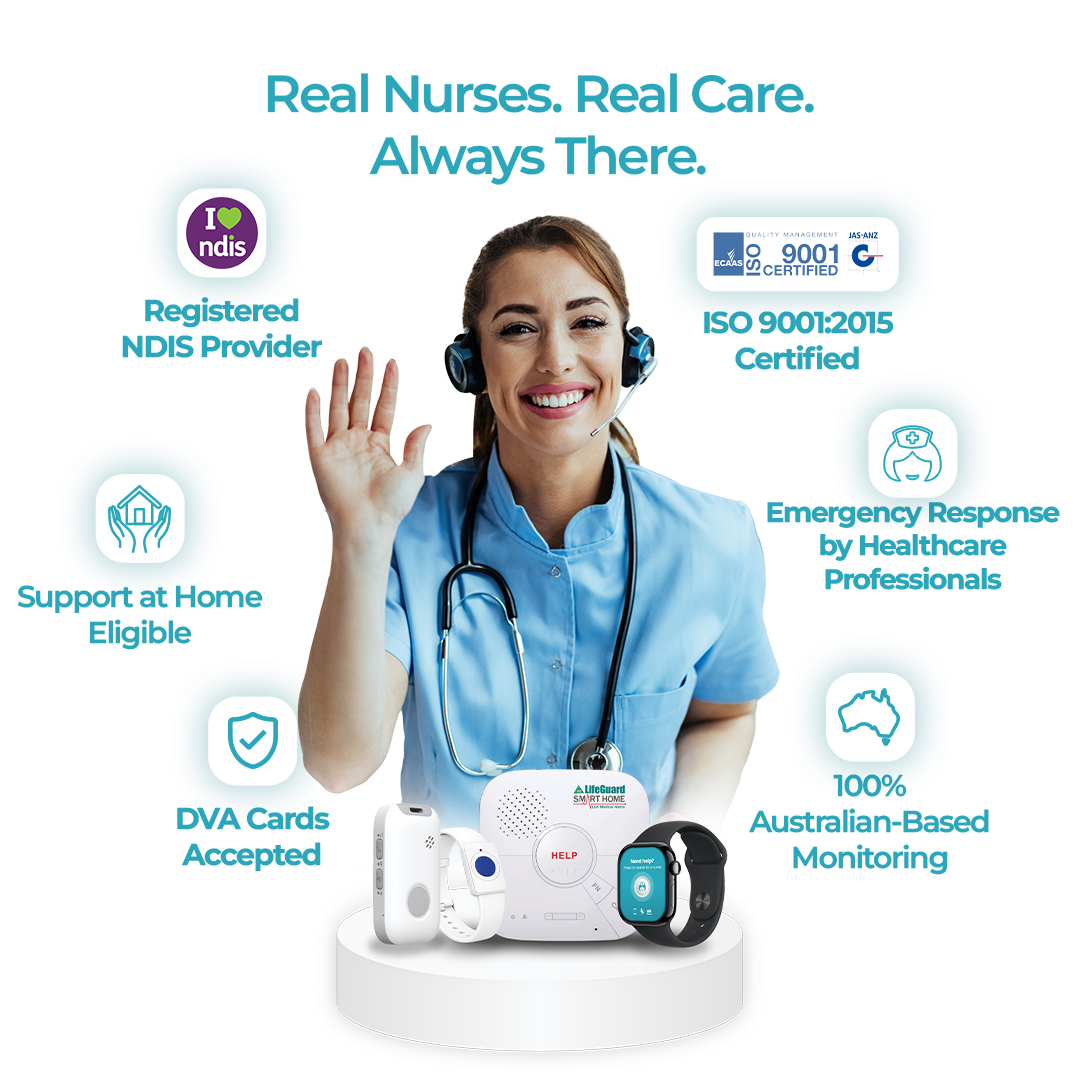
About
INS LifeGuard is the only 24/7 nurse on-call personal and medical monitoring in Australia. We provide monitoring technology for both in the home and on the go and can also monitor other provider's equipment. Our services are suitable for anyone wanting support to stay independent such as the elderly, those with medical conditions and disabilities plus enhancing safety and security for lone workers.
